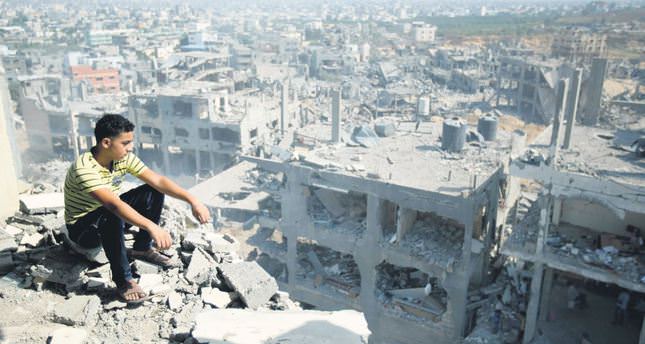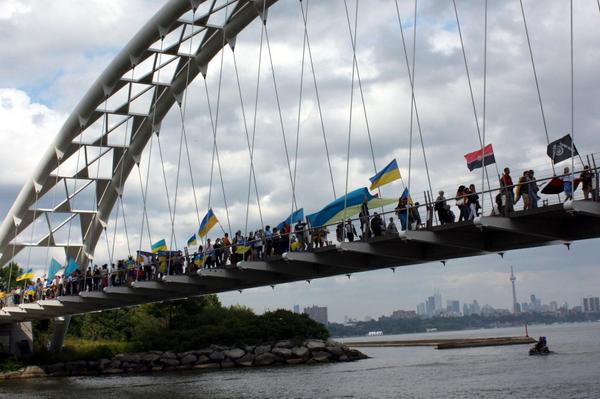US imperialism
War in eastern Ukraine and the new Cold War
Links International Journal of Socialist Renewal
Syrian rebels overwhelmingly condemn US bombing as an attack on revolution

Aftermath of the latest US airstrikes on Syria.
September 4, 2014 – Socialist Alliance, posted at Links International Journal of Socialist Renewal – The follow
Iraq: West for pushes yet another Crusade

By Tony Iltis
Kurds search for unity amid relentless fight to defeat 'Islamic State' thugs

Kurdish fighters after liberating Maxmur.
Behind the Kiev/NATO war on the people of eastern Ukraine

Market in Luhansk hit by Ukraine government shelling, August 2014.
Iraq, Syria: US-caused 'blowback' as violence escalates; Kurds resist ISIS

Kurdish fighters resist ISIS.
By Tony Iltis
Israel and the coming Arab revolution

Massive destruction of Gaza by Israel has left Palestinians devastated.
Israel the aggressor, not Gazans; Condemn Israel’s violence, not Palestinian resistance

Young opponents of Israel's war of terror protest, in Sydney, August 2, 2014. Photo by Susan Price.
